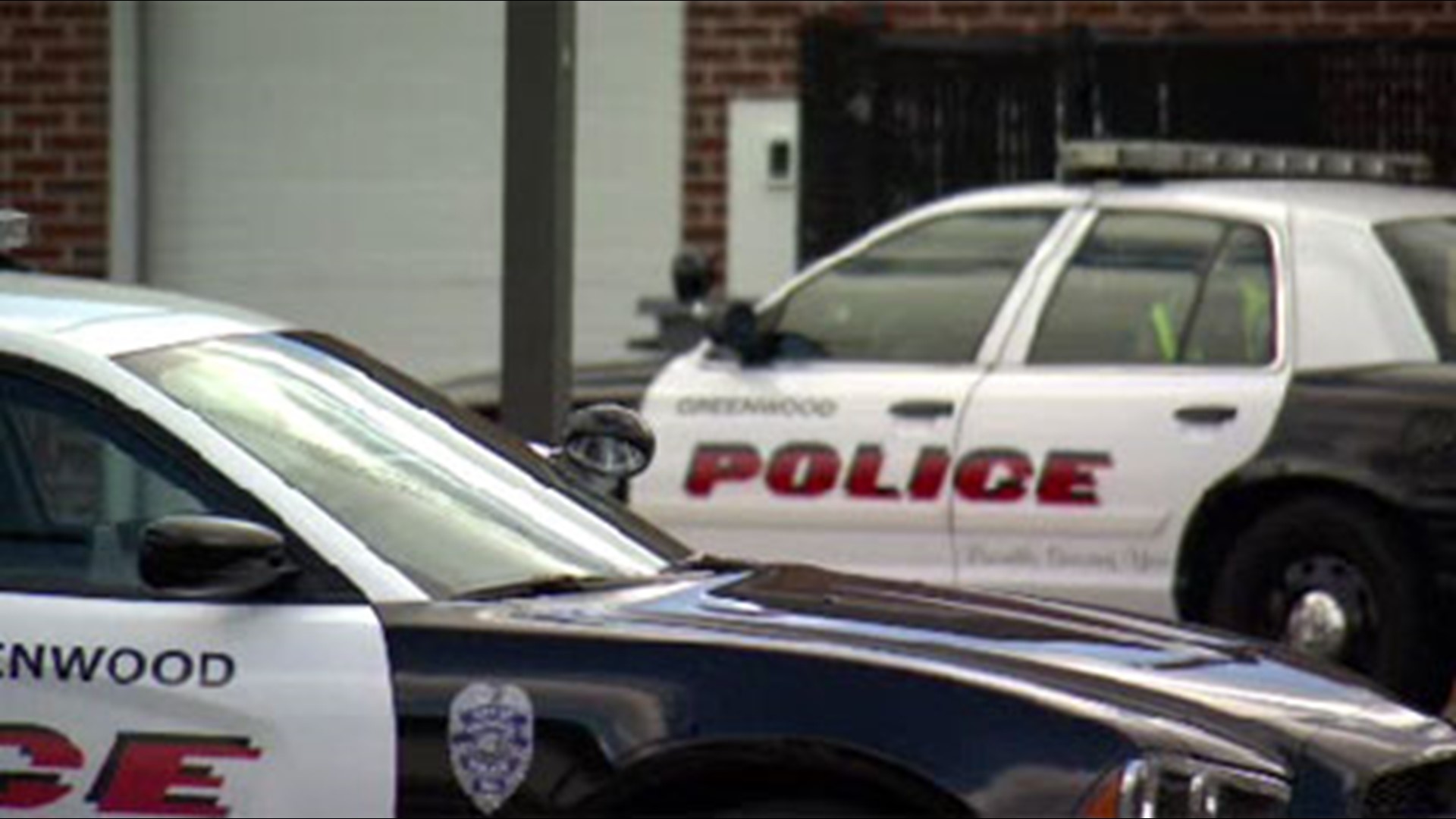GREENWOOD, Ind. — Police in Greenwood are using new pieces of technology as crime-fighting partners.
They're helping crack down on speeding and focusing patrols where crimes are expected to happen. Police say these tools are needed more than ever, at a time when manpower on the force is down.
On their daily walk, Brian and Patty Beidelman see fast cars putting people in danger.
"Speed is an issue. They fly by," Brian Beidelman said. "Plus, this area, with no sidewalks, it makes a difference."
"We see them every day! And it is concerning because there are a lot of children in the neighborhood." Patty Beidelman added. "It's going to take a serious accident or a death before people realize, 'Hey, maybe I should slow down.' Just slow down! My goodness you're in a neighborhood!"
But Greenwood Police can't patrol every street with every complaint about speeders, especially right now.
Manpower is down.
With eight openings they're finding tough to fill, Assistant Police Chief Matthew Fillenwarth said there just aren't enough officers.
"So then we have to take what we do have and utilize it in the most efficient way possible," Fillenwarth explained.
Two black boxes that cost $5,000 each are helping. Police put them on light poles in various neighborhoods, to track what's happening.
"These record speeds, dates and times: how many cars come by, what their speeds were," Fillenwarth said, "and it lays all that data out for us."
He said that allows officers to run radar and ticket in hot spots, where speeding is a big problem.
"Instead of putting a police officer out there for six hours, 'Hey we know between this time and this time, it's when we have the problems,' that's when we need you sitting out there," Fillenwarth said.
This isn't the only technology they're using to beef up the force.
GPD, like several local departments, has Flock Safety cameras to track license plates for stolen cars.
They're also mapping out crime data.
And soon, a system they're getting from Motorola will use data analytics to predict where officers should patrol.
"It takes all the runs that are coming in, classifies them and will actually give us heat maps of the city," Fillenwarth said. "So, whether it's catalytic converter thefts, break-ins of cars, robberies, what have you, the computer will track that."
All of that technology, he said, is helping protect against crime and target speed patrols where they're needed most.

